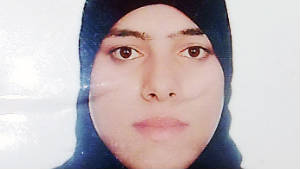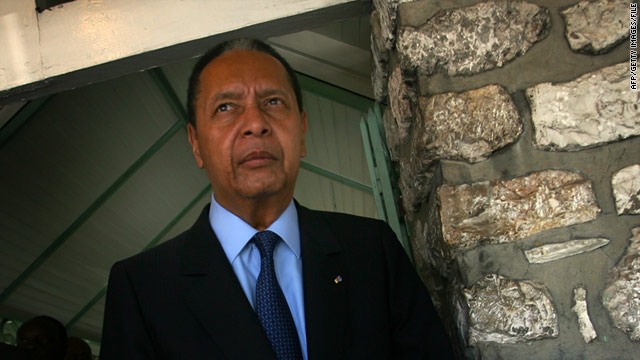By Greg Hall
Impunity Watch Reporter, Europe
NEW YORK, United States – President Mikheil Saakashvili of Georgia addressed the United Nations Assembly accusing Russia of violating human rights, international law, and a 2008 ceasefire between the two countries. In addition to addressing Russia-Georgia relations, Saakashvili’s speech focused on the efforts of the international community to punish perpetrators of human rights violations, efforts, he noted, that validate the UN’s essence.

Thousands of people were displaced when a five-day war erupted between Georgia and Russia on August 7, 2008 after Georgia tried to retake control of South Ossetia. As a result, Georgia and Russia relations have suffered.
“As I speak, more than 450,000 IDPs [internally displaced persons] and refugees continue to suffer because they are denied their rights, a right reaffirmed over a dozen times by this very house, to return to their homes and villages,” Mr. Saakashvili said, referring to ethnic Georgians who fled the fighting. “They cannot go back because, in Moscow, a foreign leader has decided that their home is no longer their home.”
Saakashvili claims that dozens of terrorist attacks targeting Georgia have been directly linked to Russian secret services. The Georgian president also said that for over a year, Georgia has pursued peaceful negations and a diplomatic approach to the conflict. He now calls on the UN to take action. Currently, Georgia claims that Russia is occupying over 20 percent of its sovereign territory.
Finally, Mr. Saakashvili stated, “the Cold War is over, but the old Soviet habit to play on ethnic and religious hatreds is still alive.”
Russia’s deputy justice minister, Georgy Matyushkinl, said that Russia’s involvement was in response to illegal and deliberate attacks launched by Georgia. Michael Swainston, a lawyer representing Russia, said, “nothing allows me to say that the Russian soldiers could have engaged in abuse, or that they were instigators.”
Europe’s Human Rights Court has received over 1940 complaints related to the conflict between Georgia and Russia since 2008, most of which have been against Georgia.
For more information, please see:
UN News Centre – Trying Tyrants for Human Rights Abuses Validates UN, Georgia Tells Assembly – 23 September 2011
UN News Center – Transcript of President Saakashvili Speech – 23 September 2011
Georgian Daily – Russia Acted in Defense, Court Hears – 22 Septmber 2011


